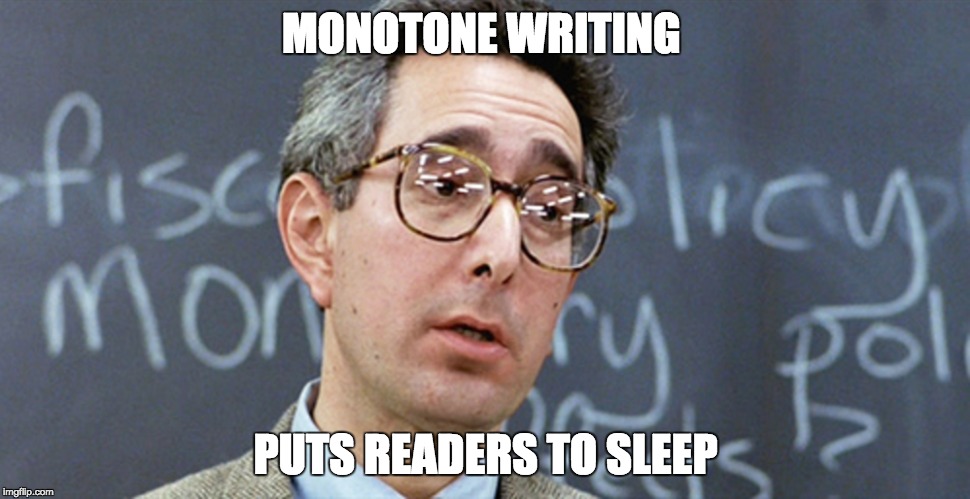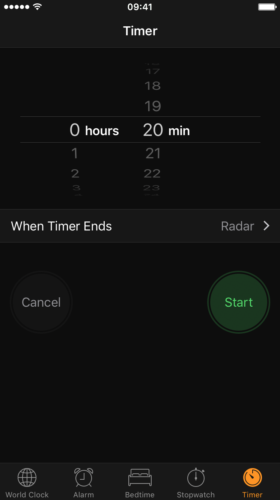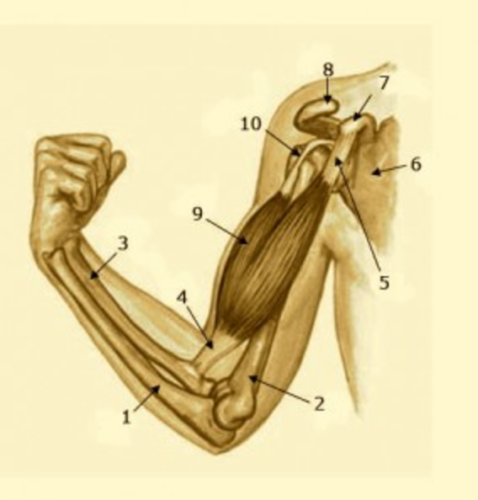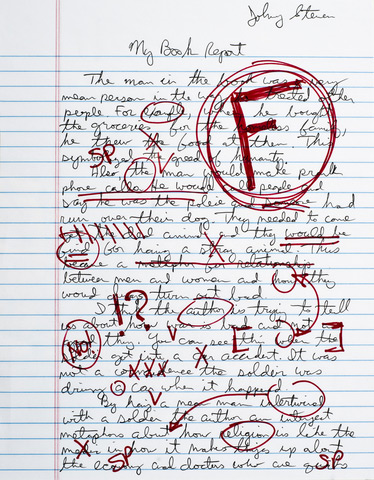Are you spending too much time writing your blog posts? Want to be a more productive writer? Here are my secrets to writing better content faster.
Blogging and writing are both important tools you can leverage in today’s digital landscape.
More than 80% of content marketers blog, according to a recent survey by the Content Marketing Institute. That’s a huge number for one profession.
But why should blogging matter to you, specifically? You’re not a content marketer. Why should being a more productive writer matter to you?
On average, all businesses with blogs generate almost 70% more leads than those without, according to a hubspot survey.
I’m going to teach you how to write. I’m going to teach you how to create blog content quickly.
Now you might be asking yourself, “why in the world would this guy be giving away his writing secrets?”
There’s a simple answer: I’m a writer. It’s my job to give you (the reader) all my secrets… but, I guess, a part of me also likes the idea that someone out there might benefit from “Josh’s Secret Formula for Writing Success.”
So here we go. After reading this post you should have the mindset of a more productive writer.
1. Have Fun
Did he just say what I think he said? I did.
Stop thinking about SEO, and analytics; stop thinking about pull tactics. Think about communicating clearly. Think about how you would explain things to a friend.
Jargon –When talking with your friends, you wouldn’t use jargon to describe more commonly understood concepts (ex. “sole-protection device” vs “shoe”) so don’t feel the unnecessary need to do it with your audience. It’s actually one of the worst things you could do.
Tone — Tone is tricky, because it can vary based on your audience, and your company’s overall tone, but I think the trick to tone — and perhaps the trick to all writing — is the ability to understand and adapt to your audience’s expectations, to meet those tonal expectations, and then to surprise them.
In my blog posts, I like to use a conversational style and humor to keep people from feeling bored. I know as a reader, it’s much easier to learn if the copy has a rhythm, or if the content is slightly entertaining, as opposed to say… Ben Stein.
2. Create a Plan
You might be wondering if you really need to start out with an outline. To be completely honest, you don’t; however, spending about 30 minutes on an outline will save you hours later when you’re struggling to come up with ideas and direction.
As for creating the outlines, people have their own ways of filling them out.
Some people will start by writing the intro. In journalism, this common practice is called writing the lead. The idea is that the into, or lead will guide the rest of the blog post or article.
Another method, and I suspect a far more common one for blogging, is filling out the meat of your content, the center (this means all the tips you’re currently reading), before writing the introduction and conclusion. The logic here is that once you have the real piece typed up, you can write an intro and conclusion around it.
Lately, I’ve favored this last method for increased productivity.
SEE ALSO: Brainstorming Tactics for Content Creation
3. Set a Timer, Beat the Clock
This one goes right along with my first tip to have fun. Make a game out of how productive you can be.
Here’s how you play:
Get your smartphone or a simple egg timer and set it to 20 minutes.
Before you press Start, you should make sure your phone is on “Do Not Disturb” and that there are no distractions (e.g. T.V., music, babies screaming, dogs barking, roommates arguing).
Also, before pressing Start, you’ll want to identify what exactly you plan to accomplish within your 20-minute time-frame. Set realistic goals.
Press Start and for 20 minutes work harder and smarter than you’ve ever worked in your life. Trick yourself into believing that these are your only 20 minutes and that you must focus them wisely.
When the clock stops… go again.
Again, before starting the clock you will want to identify what you will accomplish in the next 20-minute round (hopefully, you’re knocking out sizable chunks of work). In total, you will do this three times, to equal 60 minutes of solid work.
I do this all the time and because of my habit, I’ve found a whole new appreciation for my skills as a writer. And how could I not, the very essence of the game is to beat my high score — to see how much free time I have left over.
Not only is this one of the best bits of advice I could give you for increasing your writing productivity, this game will also leave you with a tremendous sense of accomplishment.
4. Write Regularly
Writing skill is as much a muscle as it is a talent. It’s important to write at least a few hundred words every day just to stay in shape.
By practicing content writing you’ll become more productive at finding research, analyzing data and structuring outlines.
Overtime — and as if in your sleep — you’ll also become a better editor. This will further increase your productivity as a writer since editing is one of the more tedious, time-consuming tasks.
5. Edit Last
How many of you will write a sentence — Delete it. Write another sentence in its place, then delete that one too?
This neurotic back and forth can be avoided if you refrain from doing one thing. Deleting.
Just write and don’t stop writing. Don’t worry about typos or grammar issues.
After years of receiving papers riddled with red marks, it can be hard to break the habit of compulsive editing. But when you’re writing content, the trick to flow and productivity is to just get it out — you can always go back to clean things up later.
There’s an old Stephen King quote:
“To write is human, to edit is divine.”
One trick to being a more productive writer is to be a more human writer and that means being OK with your minor errors, so long as you’re getting out big-picture ideas.
SEE ALSO: 10 Things To Avoid If You Want To Be Productive
In Conclusion:
Blogging is important for a company’s long-term success. For a blog to work, it must be powered by strong writing.
By learning to have fun with writing, creating outlines, setting a timer, practicing, and delaying the editing process you can become a more productive writer. In fact, I’d be willing to bet just focusing on any one of these tips would make you a more productive writer.
If you get a chance to test out my writing secrets, please let me know in the comments which ones were most helpful.





















